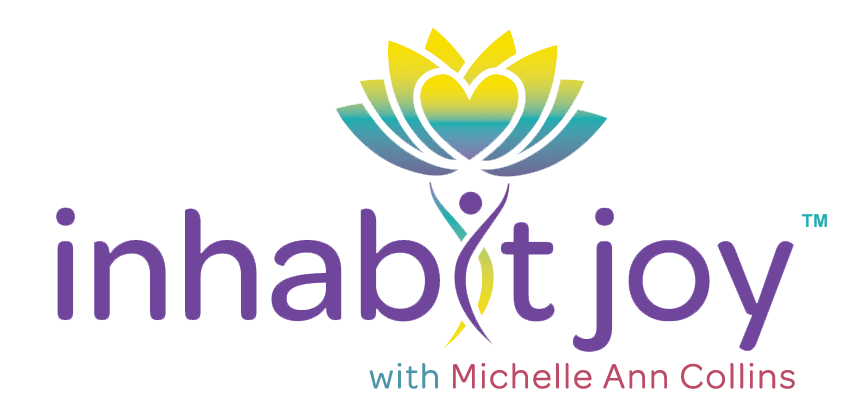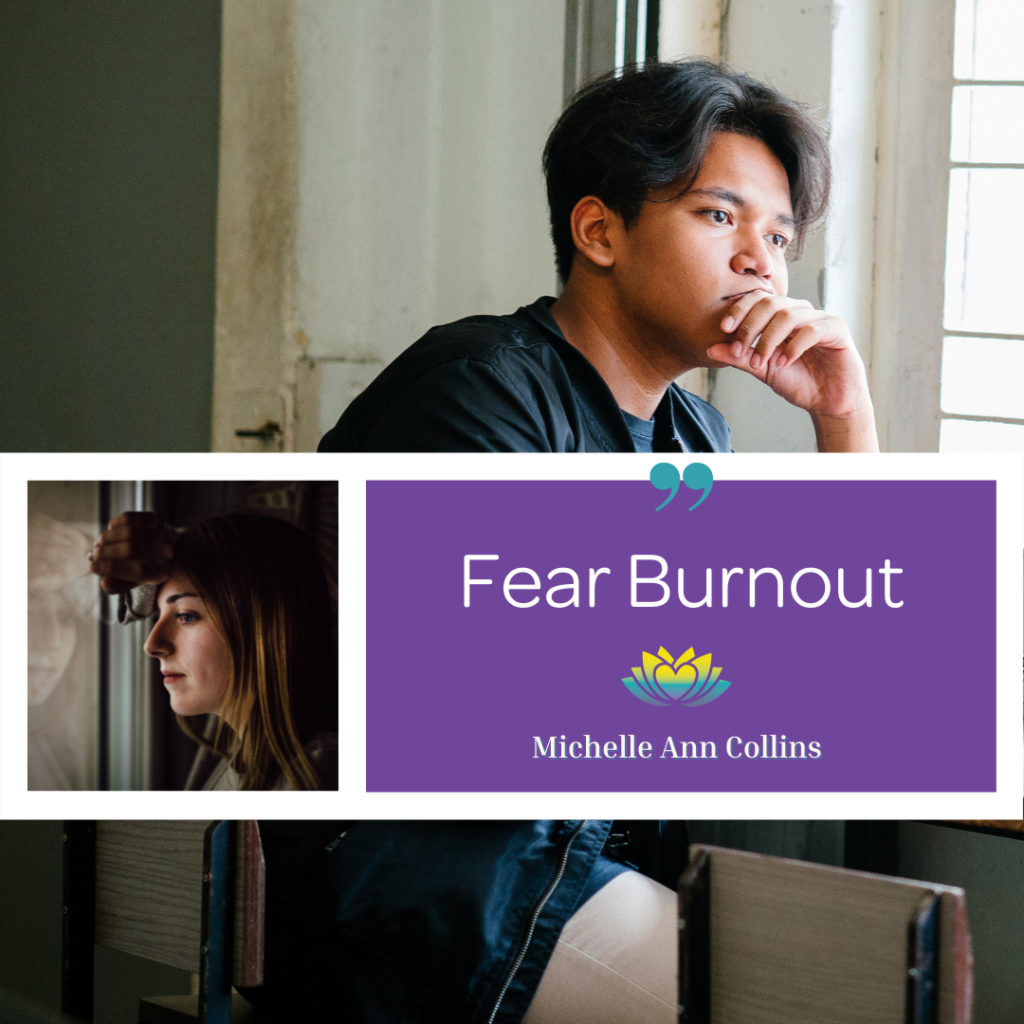As Covid cases are on the rise again, many of us are feeling a new level of fear. If you live in Oregon, you are probably aware of the report that came out this week from Oregon Health and Sciences University, that predicted our hospitals will be more full by the end of August than they have been at any time during the pandemic. This prediction included the warning that not only will COVID patients be at risk for not getting the care they need, but that all sick or injured are at risk of not having a hospital bed.
Doctors and nurses are burned out treating COVID and the rest of us are burned out from almost a year and a half of fear.
I have a question for you:
Where are you feeling it?
This is a question my trauma therapist asked me many times during the years I worked with her to learn to manage the PTSD I developed after my husband died in 2016.
Our bodies are a receptacle for our emotions. Often we feel something physical before we even know we are upset emotionally.
Chances are, after all of the fear, anger, loneliness, and other emotions you’ve experienced related to the pandemic, that you are burned out on these feelings.
I recently caught myself saying (maybe loudly) “I AM SO OVER THIS!’ when I realized that the fall activities I had been anticipating may be derailed due to this fourth wave. But I noticed I barely released any energy from it. I have fear burnout. Which means, closer attention needs to be paid to how I feel so, even burned out, emotions can be processed so they don’t make me sick.
The best thing you can do for yourself right now is notice what you feel and feel those feelings. I wish I could tell you we are in the home stretch, that the pandemic is going to fade away in the next few months and become an inconvenient memory. But for now, all we have that is certain is the ability to feel our feelings.
Think about what’s going on in the world right now, what is causing you fear, or no feeling at all (burnout), ask yourself, “where am I feeling it?”
Perhaps you have a tight neck or shoulders, or your back hurts, or you have a tension headache. When I am upset, I usually get a stomach ache or chest tightness. Pay close attention to your body and take extra care to listen and nurture what you feel.
I wrote a blog recently with some suggestions to help process emotions.
Reading it may help you to release anger or anxiety.
Yoga will help. One of the beautiful things about a yoga practice is that it keeps you in tune with your body. Yoga, along with Tai Chi, Qi Gong and many other forms of movement are mindful, keeping you in touch with those places in your body where tightness, and unease reside. When I work with a yoga therapy client, I always assess not only where their body doesn’t move or feel the way they want it to, but their emotional connection to their body and the outside world. This gives me a comprehensive way to determine which practices will be the most beneficial. Yoga is much more than placing your limbs in the proper alignment, it’s connecting to your breath and mindfully becoming aware of how you feel, physically, and emotionally.
If practicing yoga formally in a class or with a video at home doesn’t appeal to you, you can still let the practice of yoga support you. All you have to do is breathe.
Next time you feel discomfort, take a moment to stop and breathe deeply, then, ask yourself, “Where am I feeling this?” Investigate if that stomach ache is because you just watched the news, had an uncomfortable interaction with a loved one or, maybe from that spicy pepperoni pizza you ate. Regardless of what caused the discomfort, once you connect to it and breathe, you will feel some relief.
Basic advice for stress management:
1 – limit intake of stressful stimuli, turn off the news
2 – eat well, lots of veggies!
3 – eat early, try to be done eatitng 3 hours before bed, late night snacks are hard on your body and mind
4 – prioritize sleep, watch the rest of the show tomorrow night, go to bed by 10pm
5 – stay hydrated
6 – connect to people you love as often as possible, even a zoom chat can have a positive impact on your health
7 – move! Yoga, walking, dancing anything you enjoy to keep the flow going in your body.
Sending love and blessings to all.
We are going to get through this!
Michelle Ann Collins

